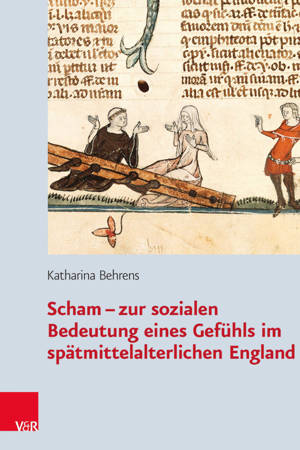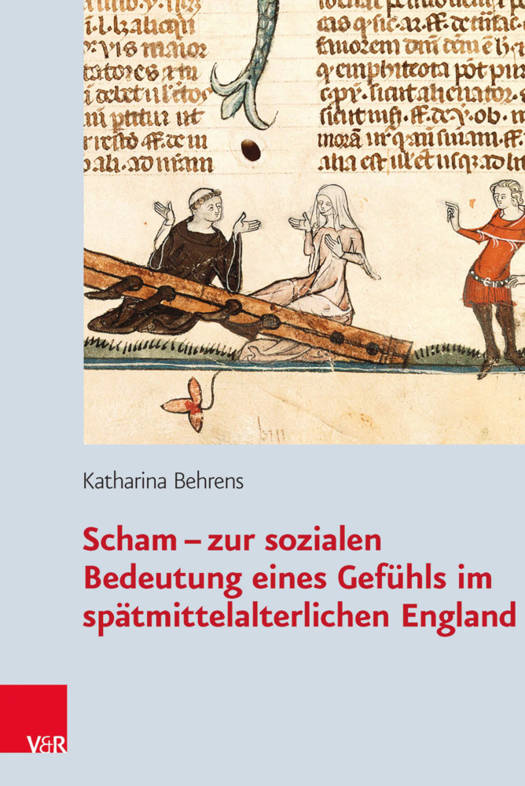
- Afhalen na 1 uur in een winkel met voorraad
- Gratis thuislevering in België vanaf € 30
- Ruim aanbod met 7 miljoen producten
- Afhalen na 1 uur in een winkel met voorraad
- Gratis thuislevering in België vanaf € 30
- Ruim aanbod met 7 miljoen producten
Zoeken
€ 135,45
+ 270 punten
Omschrijving
The Middle Ages had no shame: belching, farting, and promiscuous people inhabit the popular books and movies set in the period, shaping our image of medieval times. These notions developed against the backdrop of socio-historical theories that assume that the civilizing process has significantly increased thresholds of shame since early modern times. They provide the background for Katharina Behrens thesis on the social meaning of shame in late medieval England, a study in the history of emotions and mentalities. It focuses on the level of language and texts as well as on that of of social practices and institutions: the semantics of shame are examined from both a socio-historical and a conceptual-historical perspective. As becomes apparent, the Middle Ages were not shameless: shame played an eminentrole in establishing and maintaining social order in late fourteenth-century England.
Specificaties
Betrokkenen
- Auteur(s):
- Uitgeverij:
Inhoud
- Aantal bladzijden:
- 416
- Taal:
- Duits
- Reeks:
- Reeksnummer:
- nr. 20
Eigenschappen
- Productcode (EAN):
- 9783525367223
- Verschijningsdatum:
- 1/10/2013
- Uitvoering:
- Hardcover
- Formaat:
- Genaaid
- Afmetingen:
- 160 mm x 237 mm
- Gewicht:
- 715 g

Alleen bij Standaard Boekhandel
+ 270 punten op je klantenkaart van Standaard Boekhandel
Beoordelingen
We publiceren alleen reviews die voldoen aan de voorwaarden voor reviews. Bekijk onze voorwaarden voor reviews.







